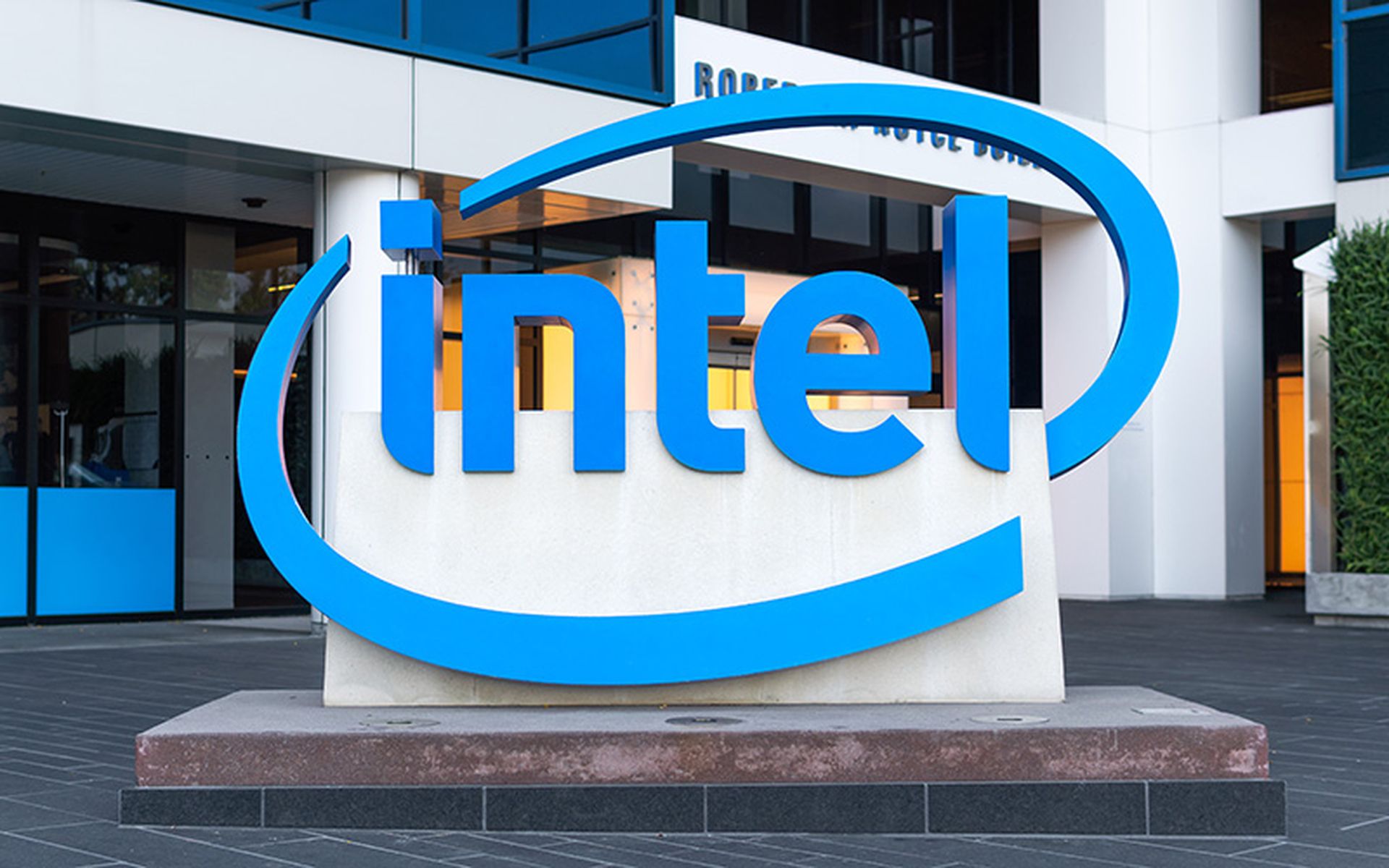
Can a German technology company succeed on U.S. soil? The answer is absolutely yes (example: SAP) and somewhat yes (example: SUSE Linux). Now, along comes IGEL with a somewhat similar mission.
IGEL's roots stretch back to 1989, when the german company developed and distributed its first multi video graphic card for UNIX environments. By 1992, the company was selling terminals before extending into the thin client market by 1997. Fast forward to the present and IGEL is growing fast in the so-called thin client and zero client markets.
U.S. Channel Invasion
The next big move? IGEL plans to push far more aggressively into the U.S. market -- seeking to displace Dell Wyse and/or HP Inc. thin client business along the way. The strategy also includes a heavy dose of workspace management software that supports third-party hardware.
The heightened U.S. push will start June 1, when AppSense veteran Jed Ayres officially starts as president and CEO of IGEL North America. Even before his official arrival, Ayres is drawing up plans to bolster IGEL's channel partner program.
The good news: IGEL has a pure channel heritage, and existing relationships with Ingram Micro and Synnex are in place. "The channel is key to our entire strategy," Ayres told ChannelE2E today. "We are 100 percent channel. You couldn't buy direct from us even if you want to."
Ayres claims IGEL's workspace management software is "heads and shoulders" above alternatives from Dell and HP Inc. In fact, there's chatter that Hewlett Packard Enterprise (HP Inc.'s twin but separate company) is pulling IGEL into some data center and infrastructure deals that involve workspace management and/or thin clients.
We'll be sure to reach out to HP Inc. and Dell for updates on their respective thin client strategies -- and responses to IGEL's claims.
Why Ayres Is Joining IGEL
Discussions between IGEL and Ayres about the potential position started earlier this year. Based on an inbound call from an IGEL executive, Ayres visited the company's Germany offices and met with more team members in London. Additional meetings occurred in the U.S.
During the discussions, Ayres became impressed with the total IGEL story -- which stretches beyond thin client hardware. "What attracted me is the company's software play," he says. "It's hardware agnostic. IT's a universal management suite that delivers business value."
A case in point: He claims large banks and healthcare firms that leverage IGEL can manage far more nodes with far fewer administrators.
IGEL U.S. Priorities
Ayres believes IGEL can become the No. 3 provider of thin client and zero client technology in the U.S. before pushing hard into the No. 2 slot. Frankly, I don't have U.S. market share fingers at my finger tips. And the most recent global numbers I've seen involve Q3 2015 -- when IDC said the global thin client market shaped up as follows:
- HP, 26.9%
- Dell, 26.0%
- NComputing, 8.8%
- Centerm, 7.4%
- Igel, 4.8%
- Others, 25.7%
To gain share on U.S. soil, IGEL believes it can capitalize on M&A vendor distractions -- particularly Dell buying EMC, and the recent HP Inc./Hewlett Packard Enterprise split. Ayres believes thin clients are becoming an "after thought" at Dell and HP Inc., which have complex hardware and software portfolios to maintain and prioritize.
In stark contrast, IGEL is focused purely on thin clients and managed workspaces. Ayres' business plan calls for the company to ship 150,000 units in the U.S. per year, though I don't know how that goal compares to 2015 and 2014 figures. He'll also be looking to open and staff up an office in San Francisco.
Skeptics may note that the thin client market -- much like the PC market -- is commoditized and shrinking in many areas. But don't forget: IGEL has workspace management software -- which is in high demand as partners and customers seek to more effectively safeguard and manage user access.




